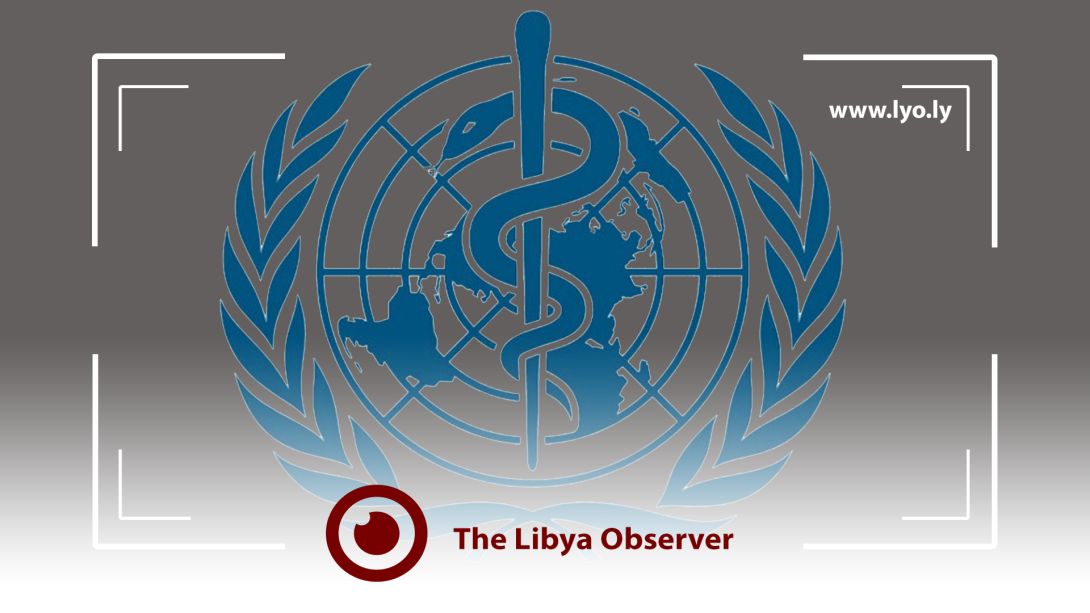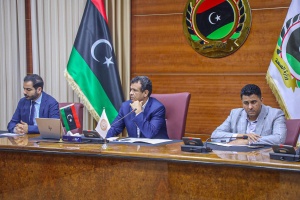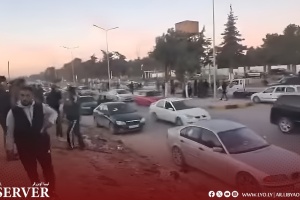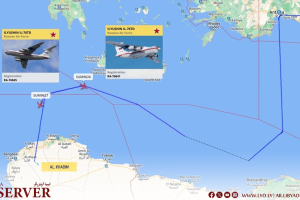The Regional Director of the World Health Organization, Ahmed Al-Mandhari, appealed to supporters and partners to provide the necessary financial resources to deal with the areas affected by the floods in Al-Jabal Al-Akhdar, especially in Derna, pointing out that they were unable to obtain sufficient support and appropriate funding to help about 250,000 people in those areas despite the urgent call for relief response.
Al-Mandhari added in a statement that WHO had sent two shipments to the areas affected by the floods in the eastern region, each shipment consisting of 29 metric tons of medical supplies, including surgical materials, medicines, and some devices and light equipment, indicating that there were approximately 130 metric tons ready for transport in the coming days to ensure that health institutions in those areas would receive necessary supplies.
He also pointed out that they had provided medical teams with specializations that suit the current situation, for example surgical operations, emergency medicine, accident medicine, and trauma medicine, adding that they reviewed the epidemiological investigation system to ensure that epidemics would not appear in such cases, whether transmitted through drinking water: such as cholera, or diseases transmitted by other vectors such as mosquitoes like hemorrhagic fever or malaria.
It's worth mentioning that WHO has previously confirmed that no epidemic is detected in Libya after the flood disaster in the city of Derna.
"We cooperated with the health authorities to ensure the maintenance of the comprehensive vaccination system for children to ensure that diseases such as measles, polio, and others would not appear among them, and we reviewed the damage done to health institutions in those areas. We are cooperating with the health authorities to rehabilitate and build these institutions to ensure that everyone had access to health services close to their areas, and until we have finished that work, we would cooperate to provide health services through mobile clinics to the affected areas.” Al-Mandhari said.








